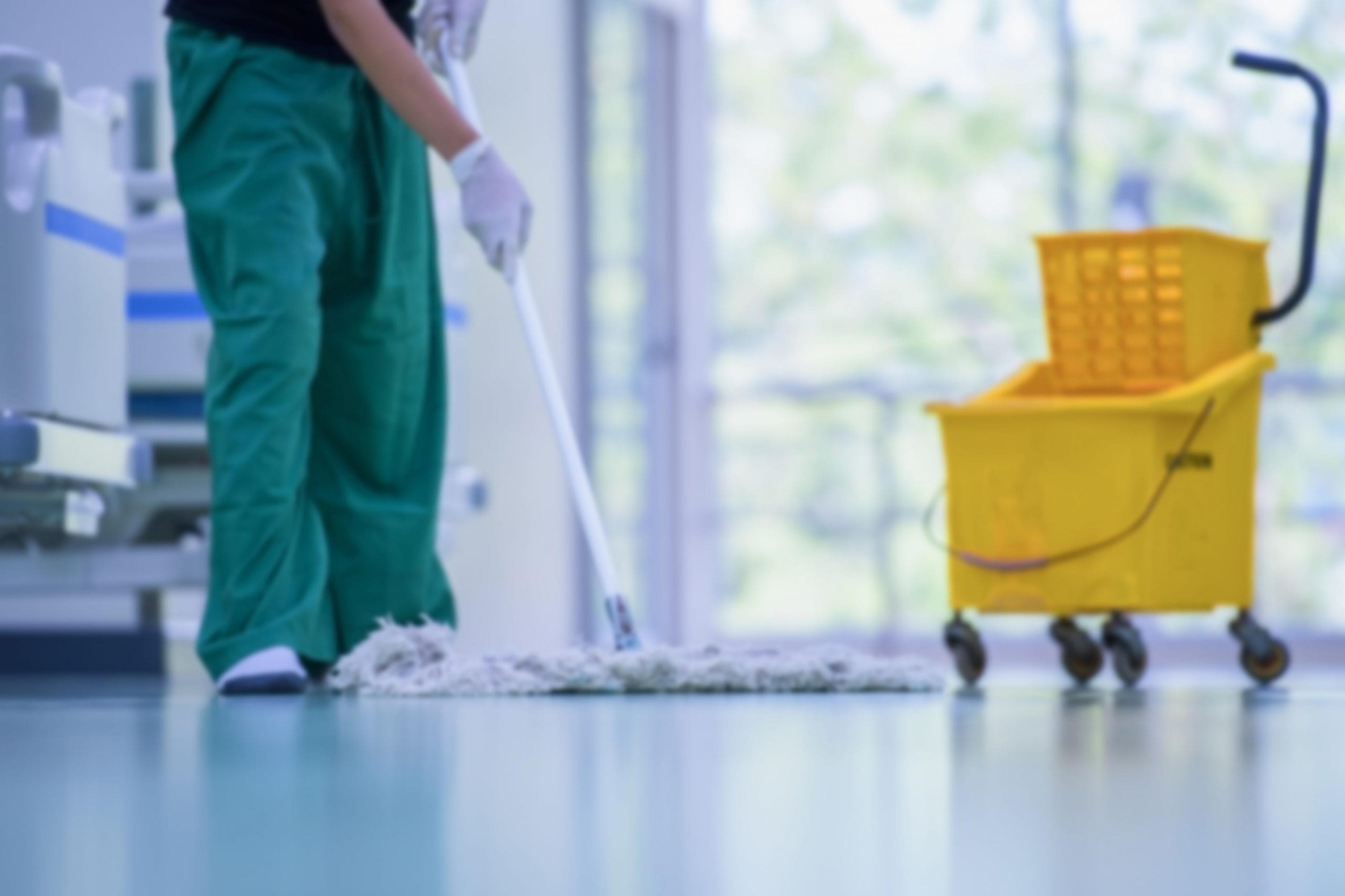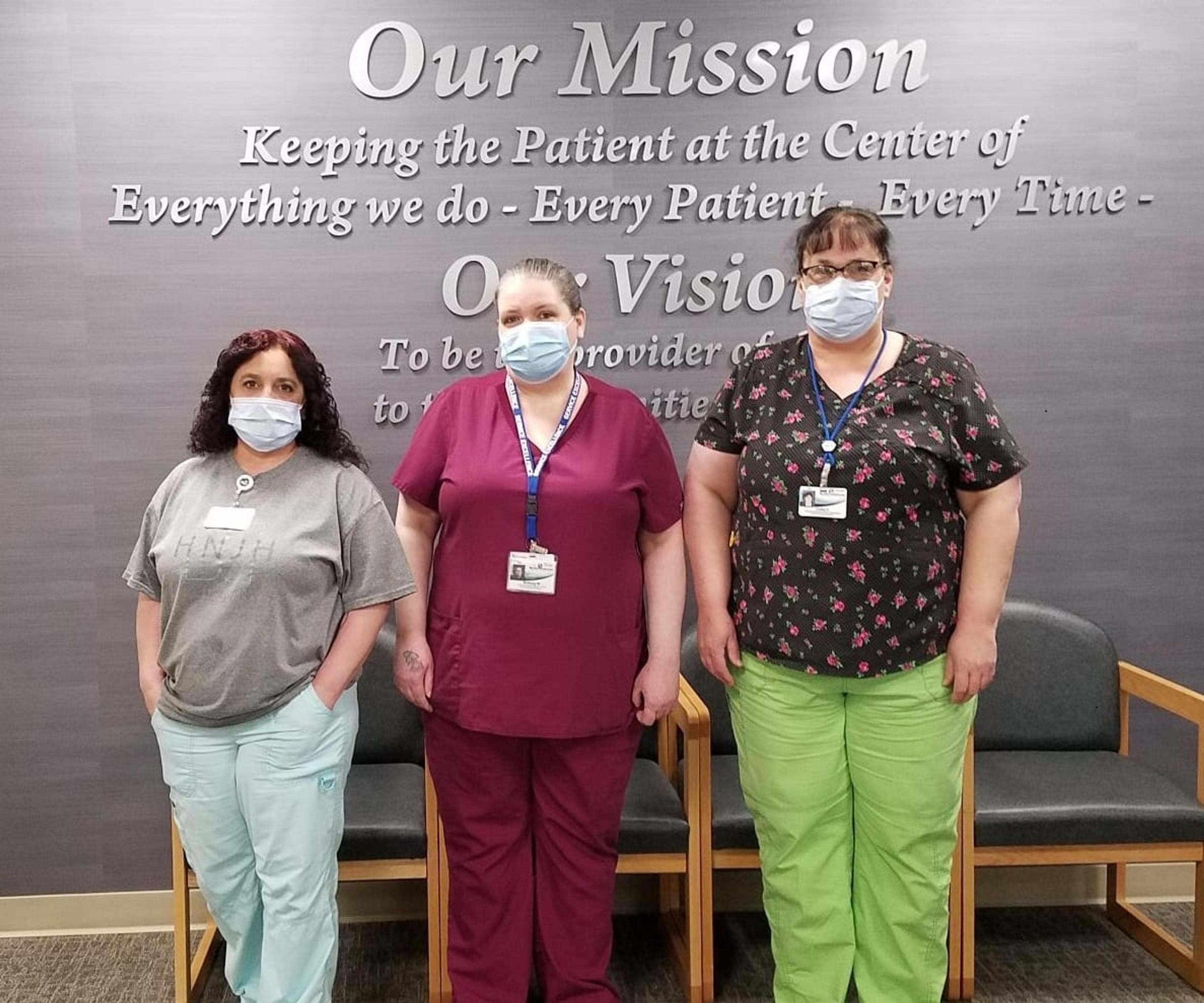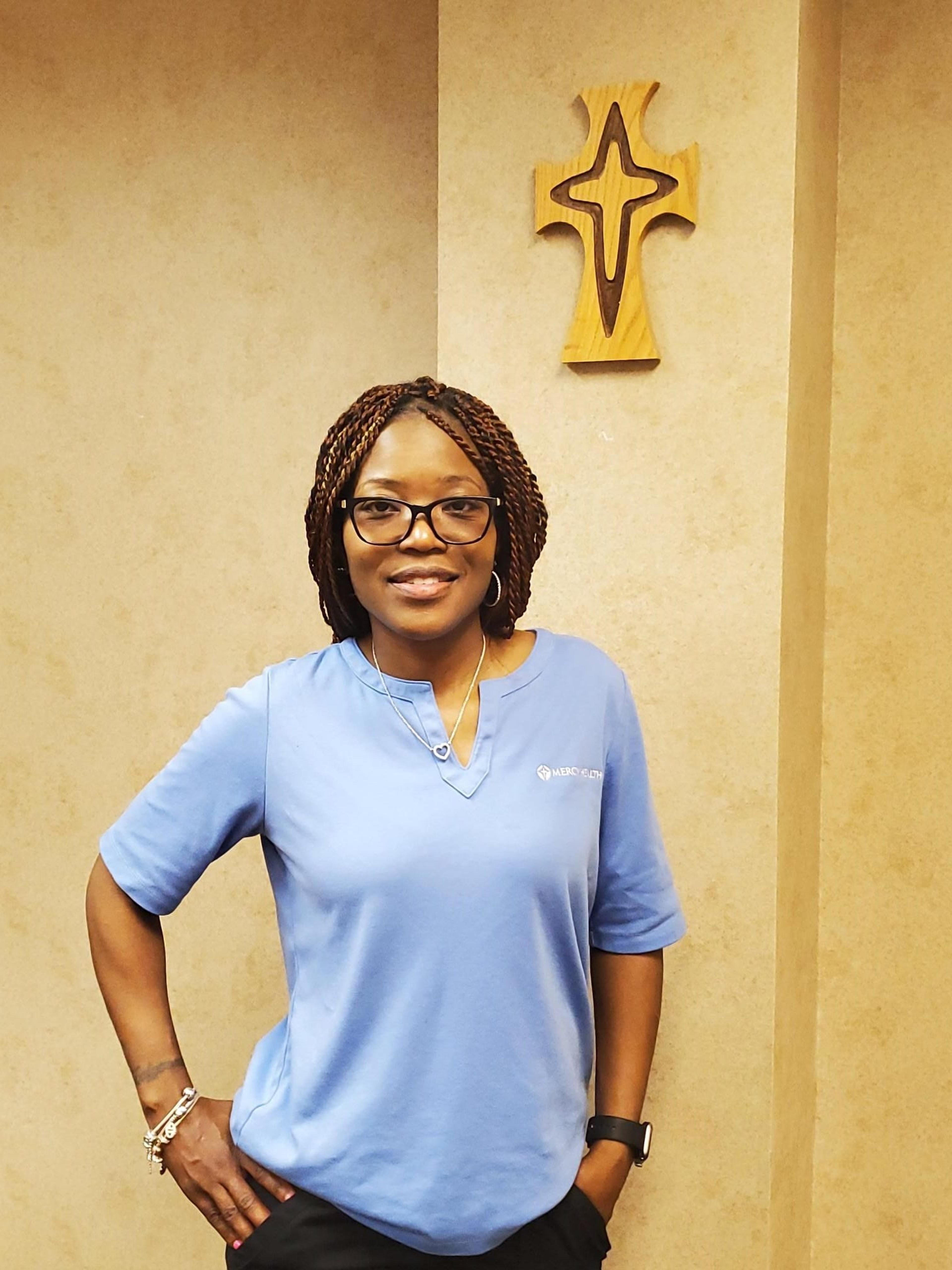COVID Heroes: Environmental Service Workers Faced Fear But Kept Patient Rooms Safe
Julie Bitely
| 4 min read

In a recent Infection Control Today story, hospital environmental services teams were called the “other” frontline heroes for their vital, behind-the scenes work in helping to combat the COVID-19 pandemic.

Sterling Meeuwen The essential workers who clean patient rooms have always been critical to a safe and healthy hospital environment, but when faced with a deadly virus that initially came with many unknowns, environmental services teams across Michigan stepped up, put on their additional protective gear and kept hospital beds open for patients who desperately needed them. Many say they feel the work they do is more appreciated over a year into the pandemic. “Our staff really knows how hard we work and what we do, but it was really brought to the forefront during COVID,” explained Sterling Meeuwen, who worked in the Regional Infectious Containment Unit (RICU) at C.S. Mott Children’s Hospital in Ann Arbor. The RICU was established specifically for COVID-19 patients. Beth Webb, who cleans patient rooms at Helen Newberry Joy Hospital in Michigan’s eastern Upper Peninsula, also feels a greater sense of appreciation from her hospital colleagues. “I think they look at us a little differently now,” Webb said. “There’s a little more respect.”
Setting fear aside for patient safety

Amy Hollingshead, Beth Webb and Cathy Crosby Early in the pandemic, Kinyanna Palmer said fear and worry were shared by everyone working at Mercy Health Saint Mary’s hospital in downtown Grand Rapids, where she works on the environmental services team. “You kind of bring it home too because you’re not sure if you have it or if you’re going to pass it on,” she said. At Helen Newberry, Cathy Crosby, who supervises the environmental services team there, remembers watching case counts rise downstate. While the U.P. didn’t see as many cases, it was still unnerving when they started to pop up. “There was a lot of fear in some of my staff,” Crosby remembers. “There was the fear of catching it and bringing it home.” Webb did end up cleaning rooms after they’d been occupied by COVID-19 patients. The work took nearly twice as long due to additional cleaning protocols and the steps she had to take in order to keep herself safe by donning additional personal protective equipment. “It is scary because you never know,” Webb said of potentially catching the virus. “But you had to do it.”
Controlling what you can
Palmer and her husband took precautions such as wearing masks, washing hands frequently and isolating as much as possible extremely seriously, she said. In a way, it was one part of life she had some control over in the face of so much uncertainty. “That’s the only thing you could do, is do the best you could to stay safe,” she said. Wearing heavy and hot protective gear and dealing with protocols that shifted almost daily in the early days of the pandemic reminded Meeuwen of his time serving in the Army from 1999 to 2003. Like Palmer, he and his wife took the lockdowns and risk of transmission very seriously, doing everything they could to prevent spreading the virus to family or people they work with. Still, the mental stress of the environment could feel overwhelming. Talking to his cleaning partner at work and friends who also served in the military helped him process the devastation and death the virus was causing every day at work. “During the height of it, we were losing a lot of people on a daily basis,” he said. “I can’t control how the world works. I can only control the way I react to it.”
Remembering and moving forward with gratitude

Kinyanna Palmer With vaccines rolling out, there’s hope in a return to normalcy, although what that looks like is just one more uncertainty in a trying year. Palmer is grateful for her health and to have had meaningful work throughout the pandemic. She knows many have faced great hardship and loss. “Some people will never be the same,” she said. “I will continue to be cautious and not take anything for granted.” This blog is part of a regular series highlighting essential workers who stepped up during the COVID-19 pandemic. Read about how school food service workers quickly adapted to meet the needs of students and their families in the face of a shift to virtual learning early in the pandemic. Related:





